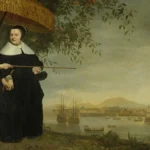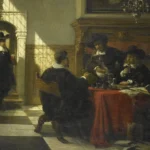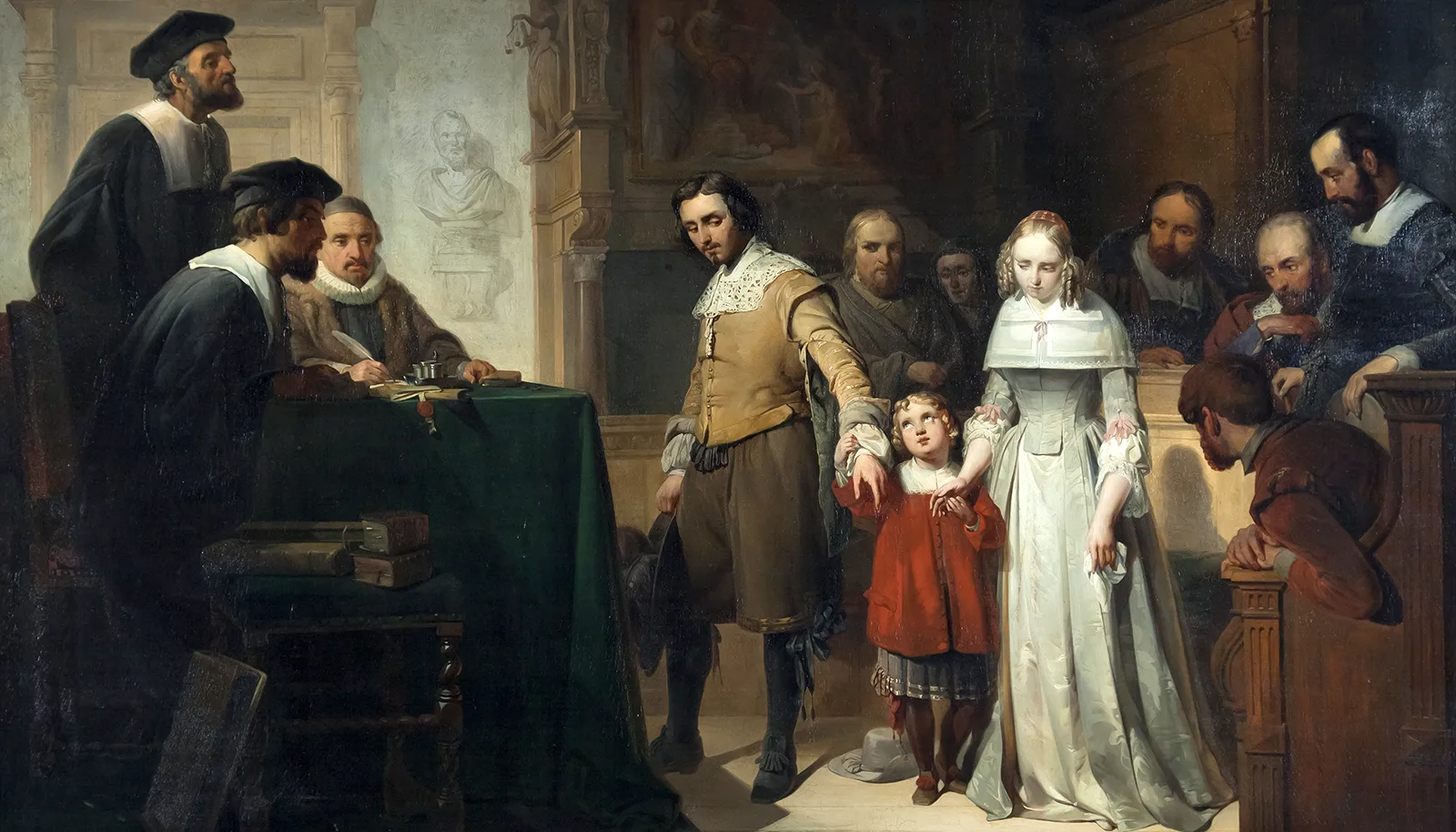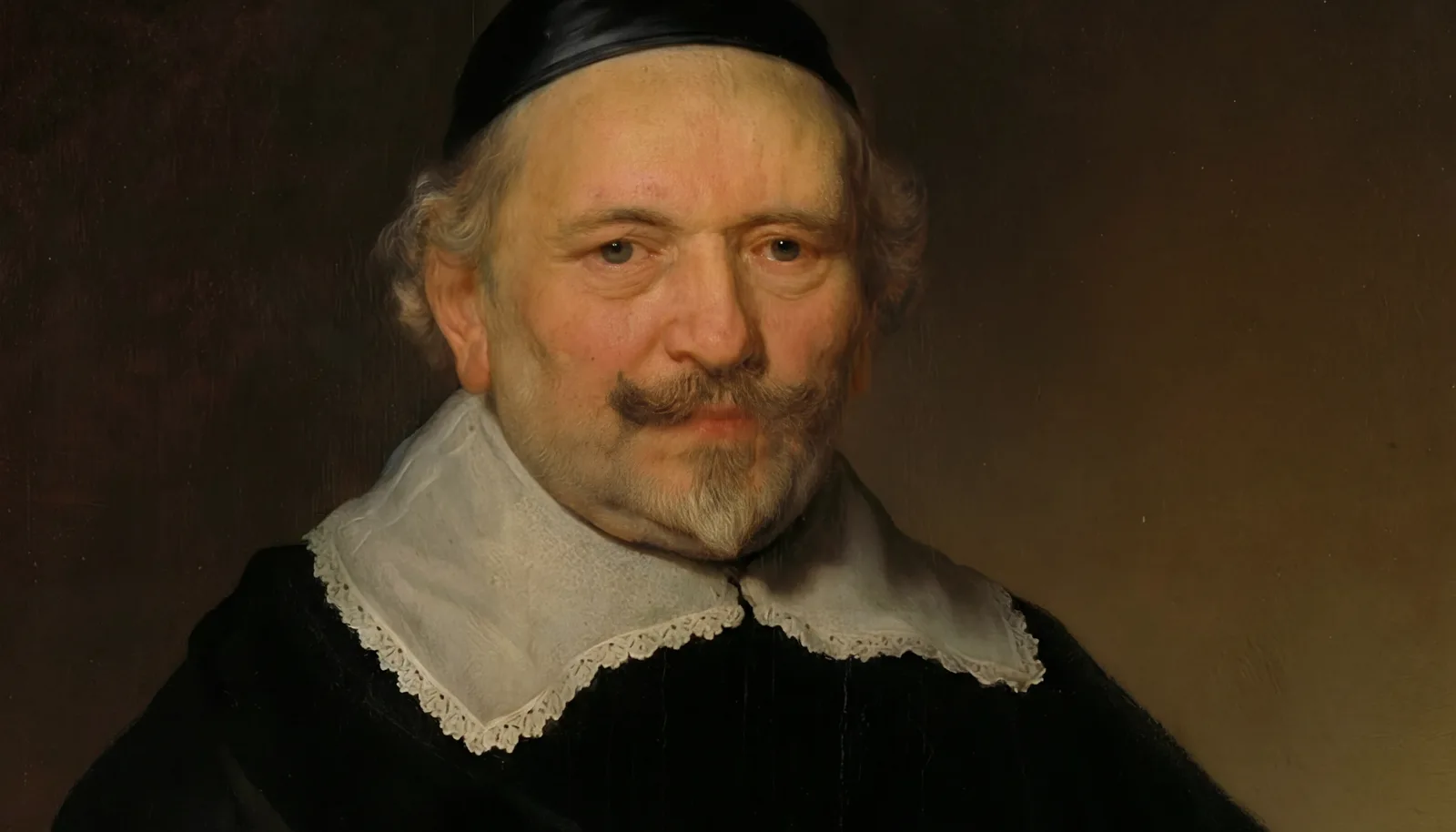
1. Introduction
Since the Temporary Protection Directive (2001/55/EC; hereinafter: TPD) was activated for displaced persons from Ukraine on 4 March 2022, a particular hybrid situation has arisen in the Netherlands. Foreign nationals falling under the scope of the TPD reside lawfully in the country, yet their asylum applications are not examined while temporary protection is in force. This practice raises fundamental questions about the relationship between the TPD, the Asylum Procedures Directive (2013/32/EU), and national provisions of the Aliens Act 2000 (Vw 2000), in particular Article 43a.
This article analyzes the current legal framework, relevant case law, and the preliminary questions referred on 2 April 2025 by the Administrative Jurisdiction Division of the Council of State (hereinafter: the Division) to the Court of Justice of the European Union (CJEU). Particular attention is paid to the legal position of temporarily protected persons, including those who are in fact Convention refugees.
2. Lodging the Asylum Application: A Formality Without Substantive Examination
Although the TPD itself does not require the lodging of an asylum request to obtain temporary protection, the Netherlands has chosen to align the temporary protection regime as closely as possible with the national asylum system. Registration with the municipality and entry in the Basic Registration of Persons (BRP) under code 46 is treated by the Immigration and Naturalisation Service (IND) as an incomplete asylum application.
During the appointment at an IND desk—where the residence document (a sticker or an O-document) is issued—the applicant must sign the M35H form. At that point, the asylum application is formally lodged, but its examination is postponed.
Thus, the foreign national enjoys lawful residence under Article 8(f) or (h) of the Aliens Act, without any substantive assessment of the request for international protection.
3. Postponement of the Examination: Discretion or Duty?
Article 17(2) TPD provides that the examination of an asylum application must be completed after the period of temporary protection if it has not been concluded earlier. This has been implemented in Article 43a of the Aliens Act. The question is whether the suspension of the examination is a power or an obligation of the Member State.
According to current practice (IND Work Instruction 2025/6), the asylum applications of temporarily protected Ukrainians are deferred until temporary protection ends. The Netherlands thereby exercises a right to suspend, but does not fulfil any explicit obligation to do so. Article 17(2) TPD appears to formulate a possibility rather than a duty to suspend.
4. Can the Applicant Compel Examination?
Doctrine and case law are divided on whether a temporarily protected foreign national can demand a timely decision. On the one hand, the State Secretary argues that decision deadlines do not run during temporary protection, because Article 43a of the Aliens Act suspends examination. On the other hand, based on the logic of the Asylum Procedures Directive, it is argued that the maximum 21-month time limit also applies to the temporarily protected, since they are not excluded from the Directive’s scope.
In its judgment of 8 July 2024 (ECLI:NL:RBDHA:2024:10491), the Arnhem District Court held that suspension of the examination does not breach Article 31(5) of the Asylum Procedures Directive. The court considered that a decision may be taken during the period of temporary protection, but it is not obligatory; the time limits begin to run only after that period ends.
Courts in Haarlem (1 July 2022, ECLI:NL:RBDHA:2022:11308) and Groningen (21 March 2023, ECLI:NL:RBDHA:2023:3626) have taken a similar view.
A different approach appears in Arnhem District Court, 3 April 2024 (ECLI:NL:RBDHA:2024:4613), which held that the 21-month time limit does run from the date the application was lodged, even where temporary protection exists. That case is pending on appeal before the Division.
5. Preliminary Questions of 2 April 2025
In its decision of 2 April 2025 (ECLI:NL:RVS:2025:1473), the Division referred two fundamental questions to the CJEU:
Should Article 17(2) TPD be interpreted as granting Member States the power to suspend the examination of applications by temporarily protected persons for the duration of temporary protection?
Should the time limits in Article 31 of the Asylum Procedures Directive be interpreted to mean that, where an application for international protection is lodged before or during temporary protection by a TPD beneficiary, those time limits start to run—or resume—only after temporary protection ends?
The CJEU’s answers will be decisive: confirmation of the Dutch practice would legitimize prolonged suspension, whereas the opposite interpretation would oblige the authorities to process thousands of Ukrainian cases within the ordinary deadlines.
6. Legal Position and Legal Certainty of Temporarily Protected Persons
Suspension directly affects legal certainty. Temporarily protected persons may remain in limbo for years, not knowing whether they can stay after protection ends. This period does not count toward a permanent residence permit or naturalisation. Only upon a positive decision on the asylum application is the time under temporary protection counted retrospectively.
Moreover, among the temporarily protected there may be individuals who are in fact refugees or persons eligible for subsidiary protection. During temporary protection, however, they cannot realise the rights conferred by the 1951 Refugee Convention and the Qualification Directive (2011/95/EU). As Karina Franssen notes in her dissertation “Temporary Protection of Asylum Seekers in the EU”, this implementation generates tension with the spirit of EU asylum law, which aims to secure effective access to protection.
7. Start Date of the Residence Permit
If the asylum application of a temporarily protected person is ultimately granted, the residence permit is issued with retroactive effect—from the date of BRP registration. According to IND Work Instruction 2025/6, this registration under code 46 is treated as the moment of lodging an incomplete application. Such retroactivity partly mitigates the delay, but does not eliminate years of uncertainty and the limited rights during temporary protection.
8. Third-Country Nationals with a Temporary Ukrainian Residence Permit
A distinct category comprises the so-called facultative third-country nationals, whose temporary protection ended in 2023. Examination of their asylum applications began that year.
In its 7 May 2025 decision (ECLI:NL:RVS:2025:1999), the Division held that the Minister had unlawfully left these applications unexamined under Article 30c(1)(a) of the Aliens Act: failure to respond to an information request is not a ground for treating the application as withdrawn.
This jurisprudence underscores that, even within the temporary protection regime, general principles of good administration and procedural fairness continue to apply in full.
9. Conclusion
The processing of asylum applications by temporarily protected Ukrainians occupies a legal “no-man’s-land.” The Dutch policy of full suspension until the end of protection may be administratively understandable, yet it raises serious issues under EU law, the principle of legal certainty, and the right to an effective procedure.
The CJEU’s answers to the preliminary questions will set the course: if suspension is deemed permissible, the current practice will persist. If, however, the Court holds that the procedural time limits apply equally to the temporarily protected, IND will have to process thousands of applications expeditiously. In any scenario, clarity is needed on how temporary protection relates to the fundamental right to a timely and fair asylum procedure.
Literature and Sources
- Directive 2001/55/EC (Temporary Protection Directive)
- Directive 2013/32/EU (Asylum Procedures Directive)
- Parliamentary Papers II 2003/04, 29 031, nos. 3 and 5
- IND Work Instruction 2025/6 “Ukraine and the Temporary Protection Directive”
- Arnhem District Court, 8 July 2024, ECLI:NL:RBDHA:2024:10491
- Council of State, 2 April 2025, ECLI:NL:RVS:2025:1473
- Franssen, K. Tijdelijke bescherming van asielzoekers in de EU (doctoral thesis, Nijmegen, 2021)
Ми дякуємо Юлії Ільків за щедре надання її мистецького твору для супроводу цієї статті. Її витончене та емоційно зворушливе малюнок додає глибини та роздумів до обговорюваної теми. Більше її робіт можна знайти на www.juliailkiv.com.






